Covid-19 is retreating from the Balkans
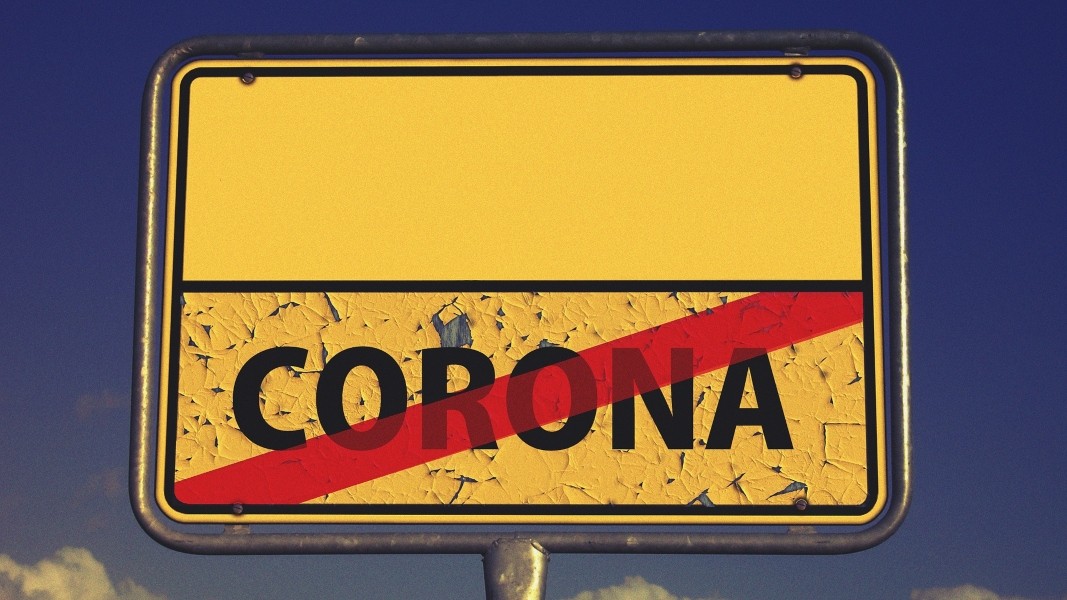
A tendency is discernible of a decline in the Covid-19 epidemic in the Balkans. On 28 May the number of newly registered coronavirus cases in Serbia over the past 24 hours is 48, with a positive tendency, in Greece there are only 11 new cases, in Croatia there are no new cases, in Bosnia and Herzegovina there are 19, in North Macedonia – 25, in Albania – 21, in Bulgaria – 17.
North Macedonia returns to normal life
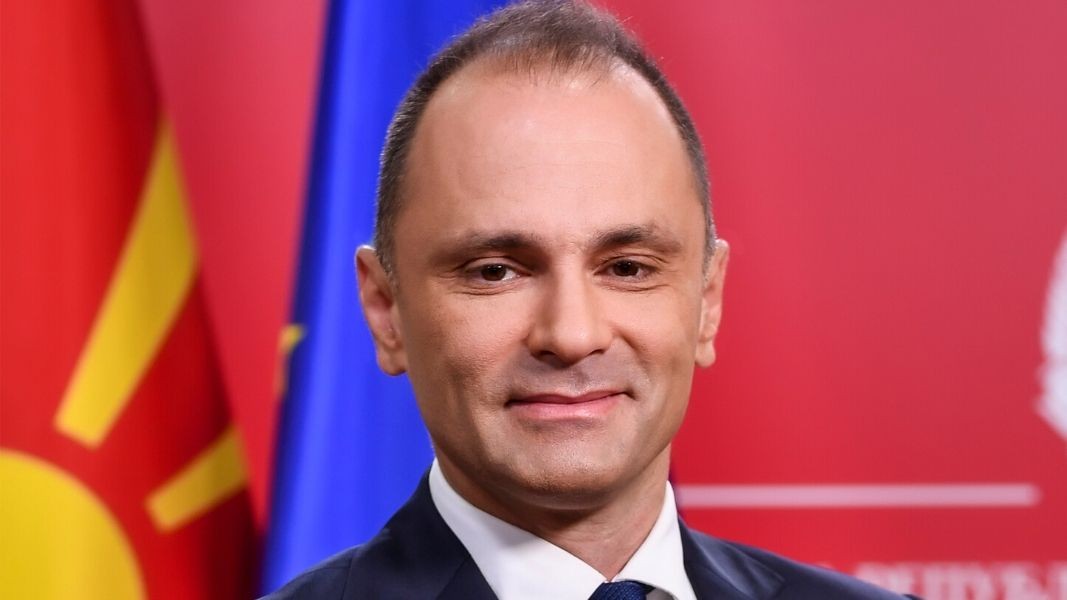
The restrictions on movement introduced in North Macedonia on 22 March over the Covid-19 pandemic are gradually being lifted. Curfew was lifted on 28 May, outdoor food and beverage establishments are starting to operate in compliance with the anti-epidemic measures, indoor establishments are to open at a later date. Minister of Health Venko Filipce stated that the opening of the borders with Albania, Greece and Bulgaria was being coordinated. It is recommended that business trips and trips of economic interest to neighbouring countries be allowed as of next week. After 15 June the borders will be opened fully.
Cyprus promises to cover expenses of infected tourists
Cyprus is promising to cover the expenses of any person who tests positive for coronavirus while on holiday on the island, BGNES agency reports. The government of Cyprus announced it would cover the accommodation, food and medicine costs of Covid-19 patients and their families. The patients will only have to pay for the taxi to the airport and the return flight. A hospital with 100 beds will be available exclusively to foreign tourists who have tested positive. A “quarantine hotel” with 500 rooms has been provided for people who have been in close contact with the individuals infected. Tourism generates 13% of Cyprus’ economy. The country is expecting to lose 70% or EUR 2.6 billion of its tourism revenues this year.
Greece steps up police patrols along border with Turkey
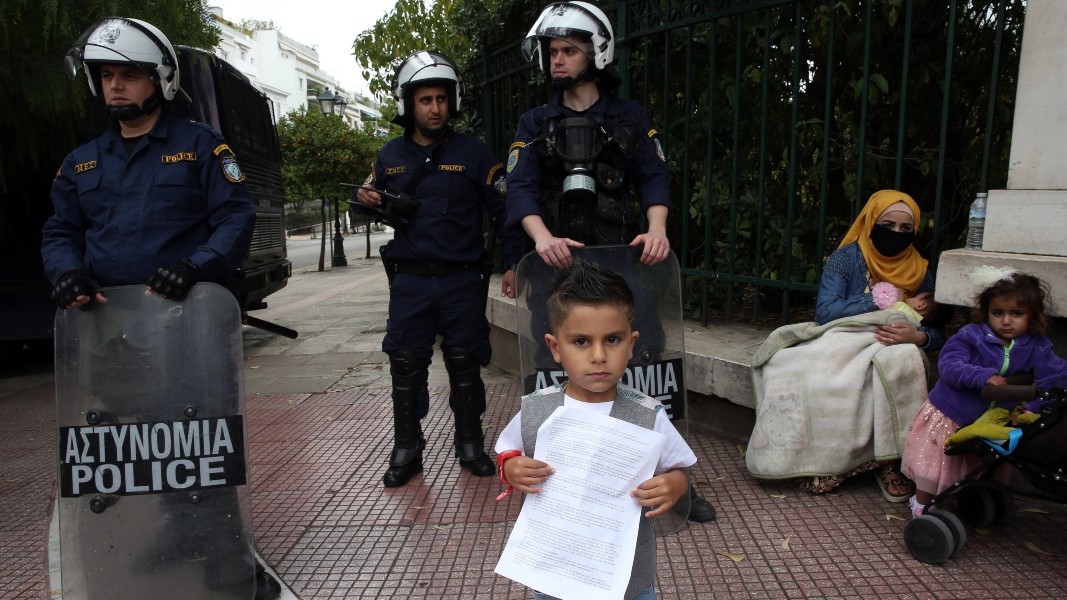
Greece is to send 400 police officers as backup along its land border with Turkey as a precautionary measure to check any possible migrant inflow. They will be deployed along the river Evros (Maritsa) on the land border with Turkey. In a TV interview, Greece’s Minister of Defence Nikos Panagiotopoulos spoke of possible new migratory pressure along the land border with Turkey as the pandemic declines in light of the migrant flow in the region at the end of February. At the time thousands of asylum seekers flocked to the Kastanies-Pazarkule border checkpoint which has remained closed ever since. Athens was driven to requesting European help for coping with the crisis.
Abolition of customs duties stimulates imports from Serbia to Kosovo
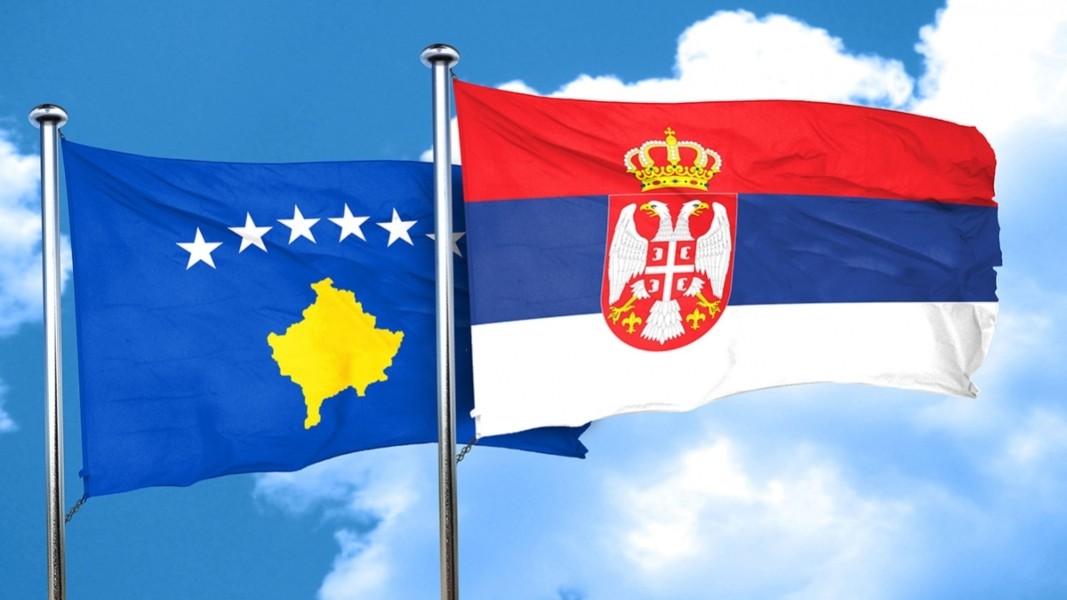
Serbian goods are back on the Kosovo market, after, on 1 April, the government of Kosovo abolished the 100% customs duties, replacing them with certain reciprocal measures. According to data of the Kosovo statistical institute, in April, Serbian commodities worth over EUR 15 million were imported into Kosovo, compared to EUR 637,000 during the same month of 2019. Kosovo imposed the 100% duty in November 2018 in retaliation to Serbia’s attempts to block its entry into certain international organizations. This led Serbia to withdraw from the dialogue on the normalization of relations with Kosovo being conducted with the mediation of the EU.
Democracy and Freedom Island memorial complex opens near Istanbul
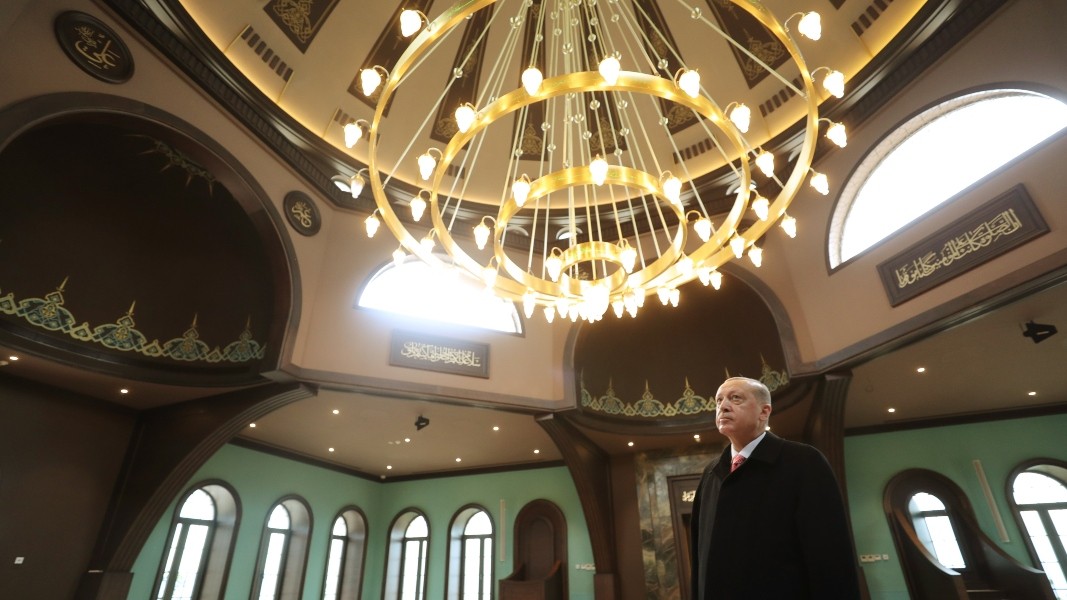
At an official ceremony after almost 3 months of isolation over the Covid-19 pandemic, Turkish President Recep Erdogan inaugurated a memorial complex called Democracy and Freedom Island. The complex is on the island of Yassiada, one of the Princes’ islands in the Sea of Marmara near Istanbul. Yassiada is a landmark site in Turkey’s modern history. During the military coup on 27 May, 1960 the island was declared a war zone. In 2012 Erdogan’s government declared the island open to the public. A year later it was renamed Democracy and Freedom Island and was declared a memorial park.
Compiled by Miglena Ivanova
Diplomatic relations between China and the European Union span over half a century and have delivered substantial economic gains. “Trade between China and Europe has grown from 2.4 billion to almost 786 billion US dollars, with today’s daily volume..
"There was definitely more tension in this session of the European Parliament." This was commented by Angelina Piskova, BNR correspondent for the European institutions during a journalist round table in the programme "Strasbourg Calling" broadcast..
Greece temporarily closes route for migrants from North Africa Greece is suspending for 3 months asylum applications from migrants arriving in Greece from North Africa by boat, EuroNews-Greece reported. "The route to..
The election for parliament in the Republic of Moldova on 28 September, 2025 ended in a landslide victory for the ruling Party of Action and Solidarity..

+359 2 9336 661
